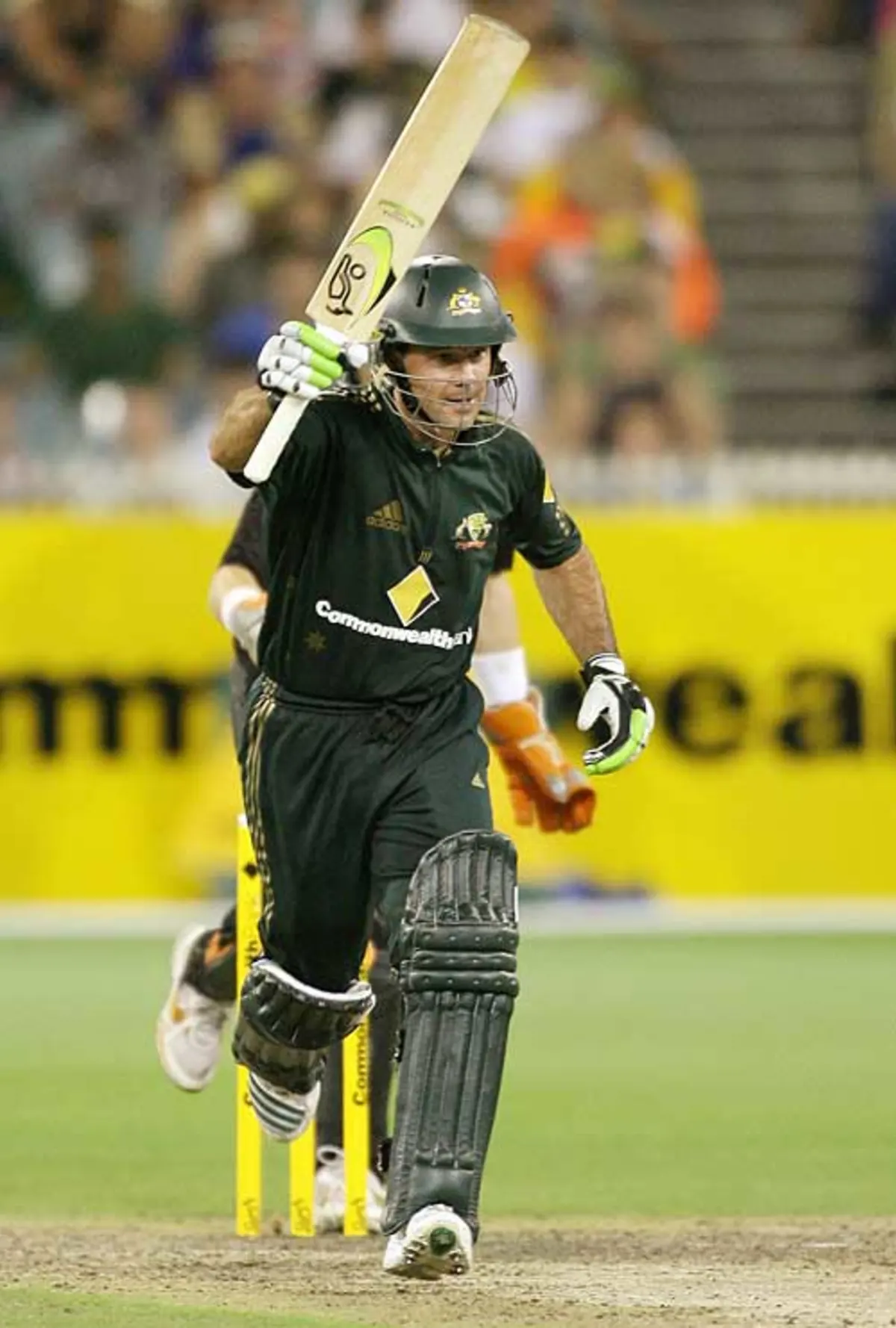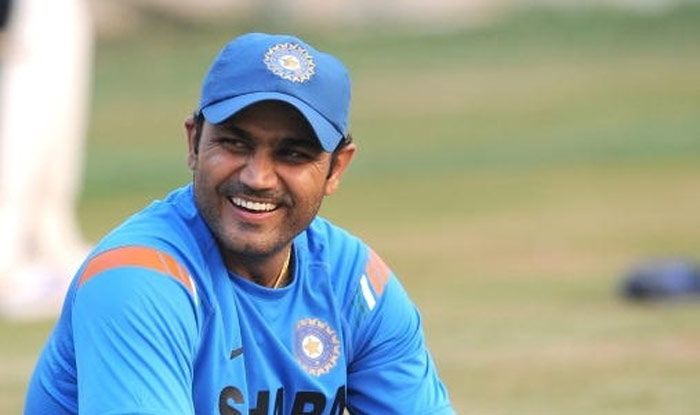Ricky Ponting Net Worth
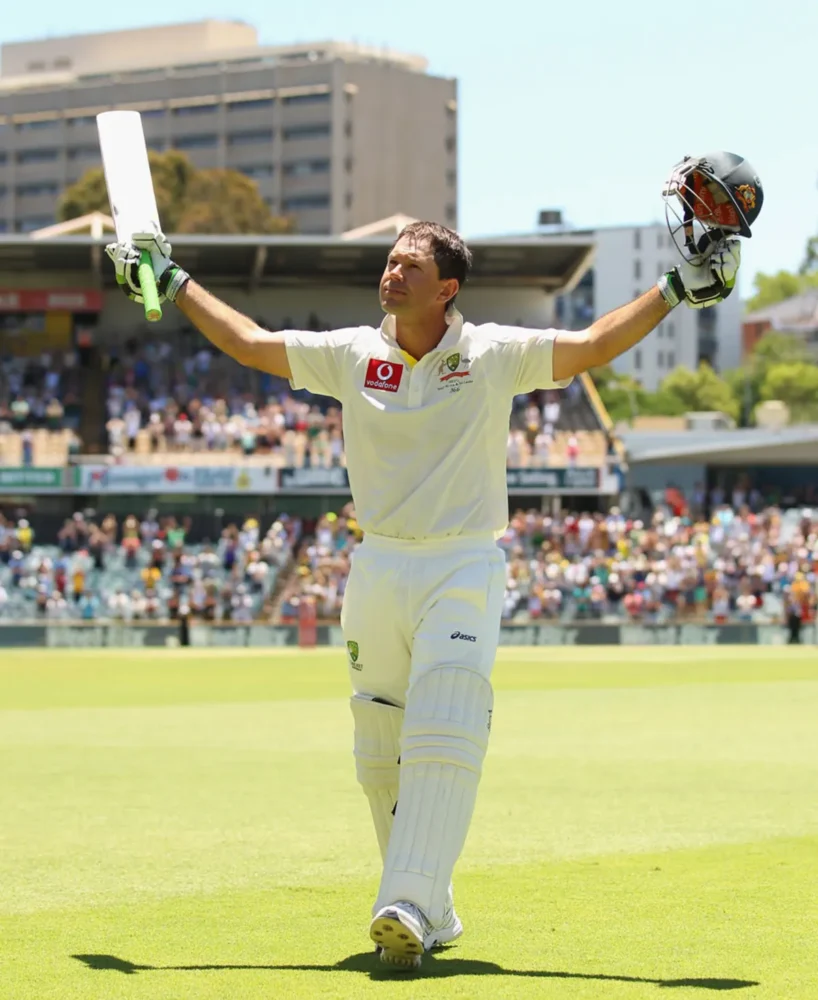
Ricky Ponting, one of the most illustrious cricketers in the history of the sport, has not only achieved monumental success on the field but has also accumulated significant wealth off it. His journey from a prodigious talent to a cricketing legend is mirrored by his financial success. Let’s delve into the various aspects that contribute to Ricky Ponting’s net worth and his legacy.
Early Life and Cricketing Success
Born on December 19, 1974, in Launceston, Tasmania, Ricky Ponting showed immense promise as a young cricketer. His exceptional talent was evident from an early age, leading him to debut for the Australian national team at just 20 years old. Over the next decade and a half, Ponting would go on to become one of the most successful captains and prolific run-scorers in cricket history.
On-Field Earnings
Ricky Ponting’s on-field success translated into substantial earnings. As one of Australia’s highest-paid cricketers, Ponting’s income from match fees, central contracts, and performance bonuses was significant. His tenure with the Australian team, spanning from 1995 to 2012, saw him becoming a cornerstone of the team’s batting lineup and leading Australia to numerous victories, including three World Cup wins (two as captain).
Indian Premier League (IPL) Stint
Ponting’s involvement with the Indian Premier League (IPL) further boosted his earnings. He played for the Kolkata Knight Riders and later for the Mumbai Indians, earning lucrative contracts. His leadership and experience were highly valued, making him a sought-after player in the league.
Post-Retirement Ventures
After retiring from international cricket, Ponting’s financial portfolio diversified significantly. He ventured into coaching, commentary, and various business enterprises. His role as a coach, particularly with the Delhi Capitals in the IPL, added to his income. Ponting’s insightful commentary and analysis made him a popular figure in broadcasting, securing deals with major networks like Channel Seven and BT Sport.
Business Investments
Ricky Ponting has made several smart investments over the years, contributing to his growing net worth. He co-owns the Ponting Wines brand, which has been well-received and adds a significant revenue stream. Additionally, Ponting has invested in real estate, owning several high-value properties in Australia.
Endorsements and Sponsorships
Throughout his career, Ponting was associated with numerous high-profile brands. His endorsements included deals with companies like Kookaburra, Adidas, and Rexona, which substantially boosted his earnings. Even post-retirement, his association with brands continues, thanks to his enduring popularity and respected status in the cricketing world.
Charitable Work and Philanthropy
Beyond his financial success, Ponting is also known for his philanthropic efforts. The Ponting Foundation, established with his wife Rianna, aims to support young Australians and their families who are affected by cancer. His charitable activities, while primarily focused on giving back, also enhance his public image and legacy.
Net Worth Estimation
As of 2024, Ricky Ponting’s estimated net worth is around USD 70-75 million. This figure includes his earnings from his playing days, coaching, commentary roles, business ventures, and endorsements. Ponting’s strategic investments and continued involvement in cricket-related activities ensure that his wealth continues to grow.
Lifestyle and Legacy
Ponting leads a comfortable lifestyle, befitting his status as a cricketing legend. His investments in luxury properties and his passion for fine wine reflect his taste for the finer things in life. More importantly, Ponting’s legacy is not just about his financial success but also his immense contributions to cricket. As a player, captain, and mentor, he has left an indelible mark on the sport, inspiring future generations.
Conclusion
Ricky Ponting’s net worth is a testament to his success both on and off the cricket field. From his early days as a prodigious talent to becoming a cricketing icon and savvy businessman, Ponting’s journey is inspiring. His financial acumen, combined with his enduring legacy in cricket, ensures that he remains one of the most respected and affluent figures in the sport
Ricky Ponting and His Best Matches

Ricky Ponting, a name synonymous with cricketing greatness, has been part of many unforgettable matches throughout his illustrious career. Known for his aggressive batting style, strategic acumen, and unparalleled leadership, Ponting’s performances have often been match-defining. Here, we delve into some of Ricky Ponting’s best matches that highlight his exceptional skills and contributions to the game.
1. 2003 World Cup Final vs. India
One of Ponting’s most iconic performances came during the 2003 ICC Cricket World Cup final against India. Leading from the front, Ponting played a captain’s innings, scoring an unbeaten 140 off just 121 balls. His innings was studded with eight sixes and four boundaries, propelling Australia to a mammoth total of 359/2. Ponting’s knock ensured a comprehensive victory for Australia, as they won by 125 runs, securing their second consecutive World Cup title.
2. Ashes 2006-07: 1st Test vs. England in Brisbane
In the first Test of the 2006-07 Ashes series at the Gabba, Brisbane, Ponting showcased his batting prowess with a commanding 196 runs in the first innings. His knock was instrumental in setting up Australia’s total of 602/9 declared. Ponting’s innings was characterized by his authoritative stroke play and impeccable timing. Australia won the match by 277 runs, setting the tone for a 5-0 series whitewash, with Ponting playing a key role throughout the series.
3. 2005 Ashes: 3rd Test vs. England in Manchester
The 2005 Ashes series is often remembered for its intensity and competitive spirit. In the third Test at Old Trafford, Ponting played a captain’s knock, scoring 156 runs in the second innings. His gritty performance helped Australia secure a crucial draw, as they faced the threat of defeat. Batting for over six hours, Ponting’s resilience and determination were on full display, exemplifying his role as a leader and a world-class batsman.
4. 2006 Border-Gavaskar Trophy: 2nd Test vs. India in Adelaide
In the second Test of the 2006 Border-Gavaskar Trophy in Adelaide, Ponting scored centuries in both innings, making 242 and 60 not out. His first innings double century was a masterclass in batting, showcasing his ability to dominate the Indian bowling attack. Ponting’s performance helped Australia post a formidable total, leading to a 122-run victory. His twin centuries in this match underscored his status as one of the best batsmen of his era.
5. 2008 Commonwealth Bank Series: Final vs. India in Brisbane
In the first final of the 2008 Commonwealth Bank Series against India, Ponting delivered a captain’s performance, scoring 124 runs off 133 balls. His century anchored Australia’s total of 239/8 in a match where other batsmen struggled. Ponting’s innings included nine boundaries and a six, showcasing his ability to perform under pressure. Australia went on to win the match by 18 runs, largely due to Ponting’s exceptional batting.
6. 2004 Test Series vs. India: 3rd Test in Melbourne
During the 2004 Test series against India, Ponting played a brilliant innings of 257 runs in the third Test at the Melbourne Cricket Ground. His double century helped Australia amass 558/9 declared in the first innings. Ponting’s knock was a blend of aggression and technique, dismantling a strong Indian bowling attack. Australia won the match by nine wickets, with Ponting’s innings being the cornerstone of their victory.
7. 2011 World Cup Quarterfinal vs. India
In the 2011 ICC Cricket World Cup quarterfinal against India, Ponting played a fighting innings of 104 runs off 118 balls. Despite Australia’s eventual defeat, Ponting’s century was a testament to his class and experience. Facing a potent Indian bowling attack, Ponting’s knock was marked by his resilience and shot selection, demonstrating his ability to rise to the occasion in crucial matches.
Ricky Ponting and His Cricketing Friends
Ricky Ponting, one of Australia’s greatest cricket captains and batsmen, is renowned for his on-field achievements. However, his relationships off the field are equally significant. Throughout his illustrious career, Ponting has forged enduring friendships with teammates and rivals alike, creating a network of cricketing friends that span the globe. These friendships have been built on mutual respect, shared experiences, and a deep love for the game. Let’s explore some of Ricky Ponting’s notable cricketing friendships.
Adam Gilchrist
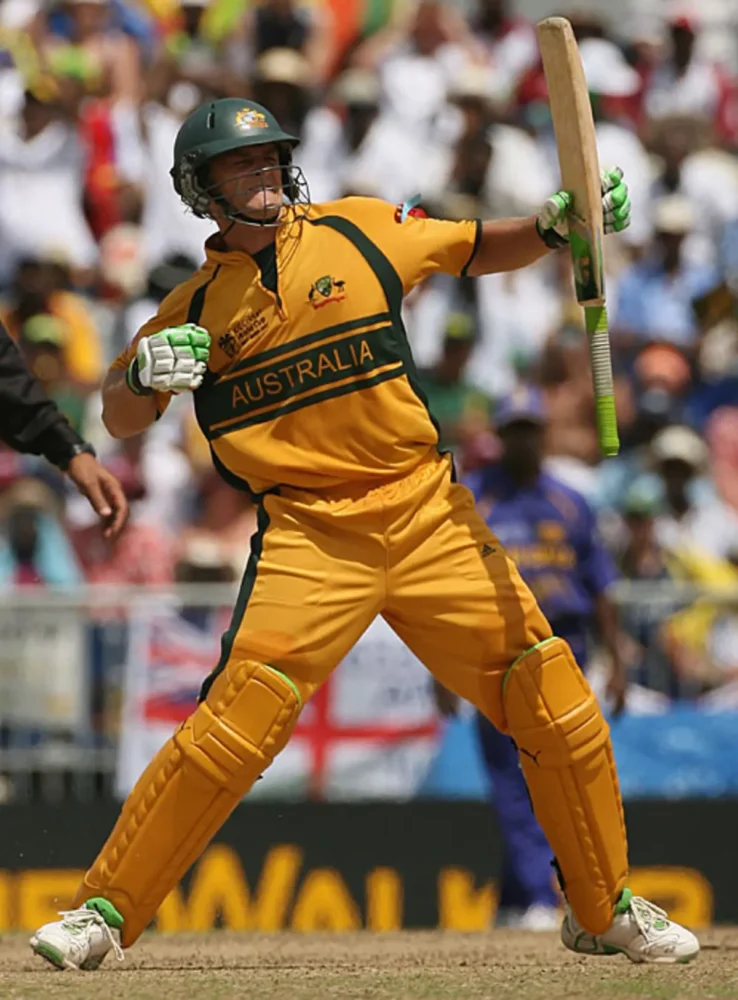
One of Ricky Ponting’s closest friends from his playing days is Adam Gilchrist. The two formed a formidable partnership in the Australian team, with Gilchrist’s explosive batting and wicket-keeping complementing Ponting’s consistency and leadership. Their friendship was forged on the field through numerous match-winning performances and off the field through shared interests and values. Gilchrist has often spoken about Ponting’s tactical acumen and dedication, while Ponting has praised Gilchrist’s positive influence and camaraderie.
Justin Langer
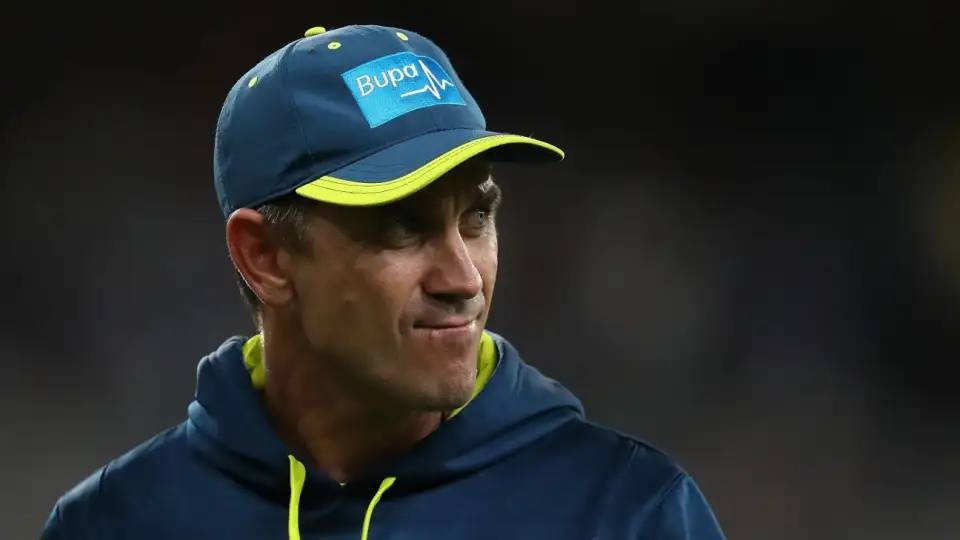
Justin Langer, Australia’s dependable opening batsman and current head coach, shares a deep bond with Ponting. Their friendship blossomed during their time together in the Australian Test team, where they shared many memorable moments, including several Ashes victories. Langer’s gritty determination and Ponting’s aggressive style created a perfect synergy, both on and off the field. Their relationship has endured beyond their playing days, with Ponting often supporting Langer’s coaching tenure and the two frequently seen together during cricketing events.
Shane Warne
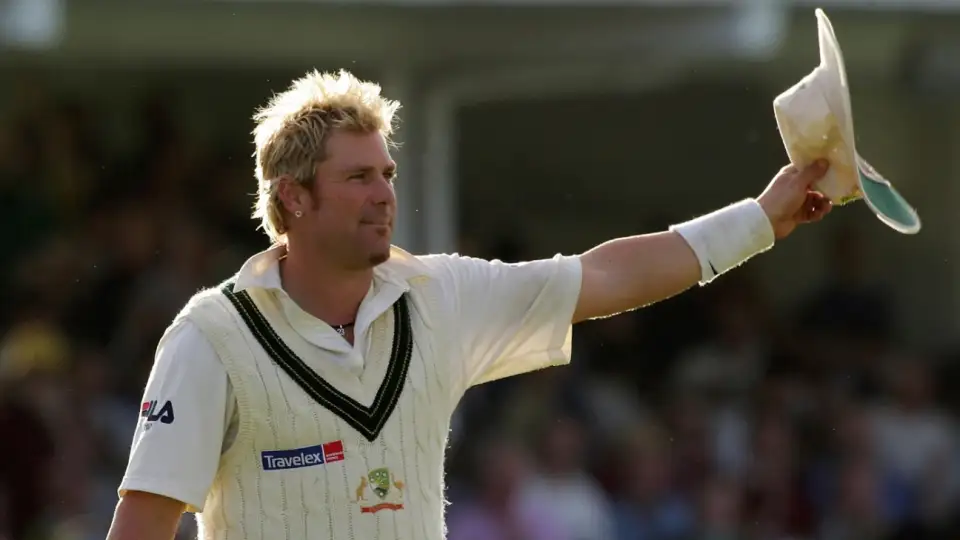
Shane Warne, one of cricket’s greatest leg-spinners, had a special friendship with Ponting. Warne’s flamboyant personality and Ponting’s straightforward demeanor made for an interesting dynamic. Despite their different styles, they shared immense respect and admiration for each other’s skills. Their on-field partnership was crucial for Australia’s dominance in the early 2000s, and their off-field friendship was marked by mutual support and frequent interactions.
Michael Clarke
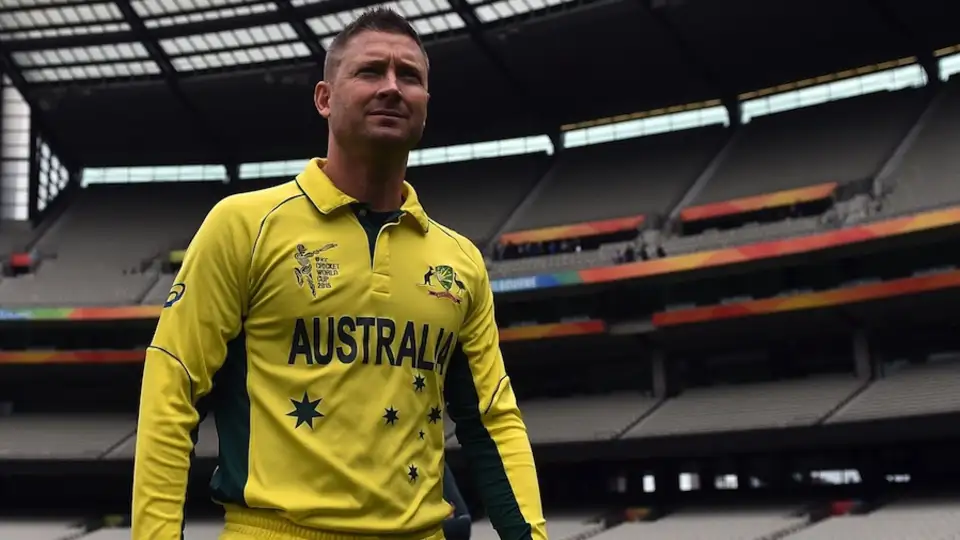
Michael Clarke, who succeeded Ponting as Australia’s captain, shares a significant friendship with his predecessor. Clarke and Ponting’s relationship evolved from mentor-mentee to close friends over the years. Ponting played a crucial role in Clarke’s development as a cricketer, offering guidance and support. Despite the occasional professional differences, their friendship remained strong, characterized by a deep respect for each other’s contributions to Australian cricket.
Matthew Hayden
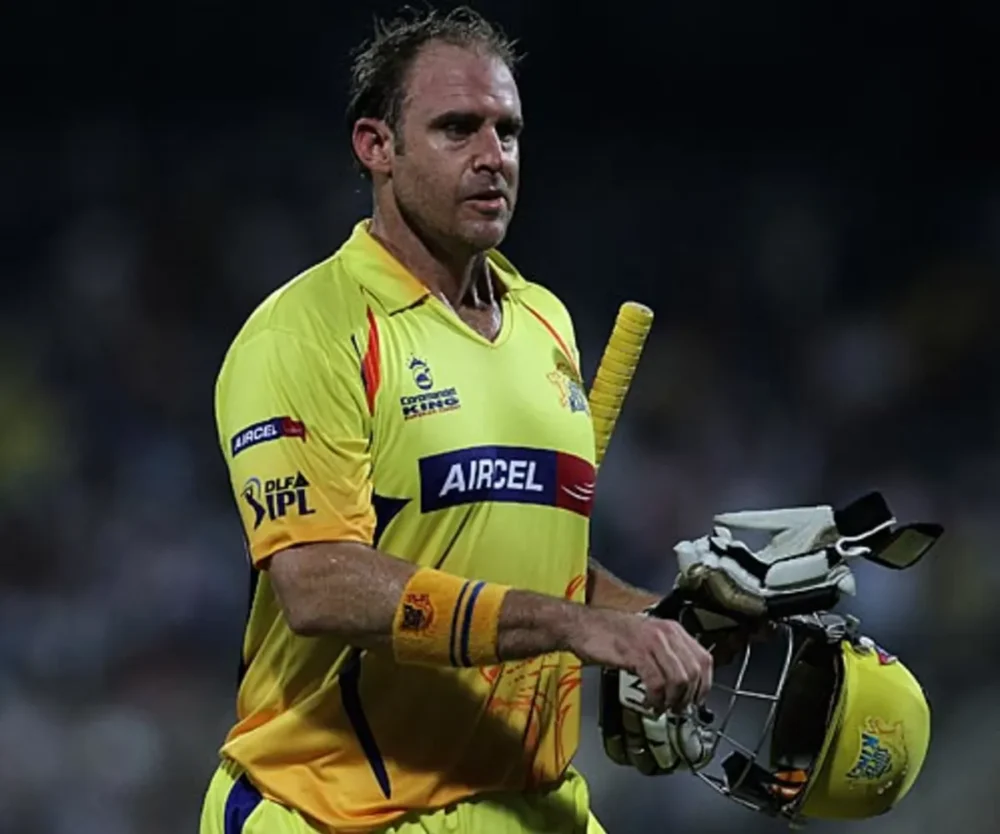
Matthew Hayden, Australia’s powerful opening batsman, and Ponting have shared many iconic moments on the field. Their friendship was built on mutual respect and shared success. Hayden’s aggressive batting at the top of the order often set the stage for Ponting to capitalize on. Off the field, they enjoyed a camaraderie that extended to family interactions and joint ventures. Hayden has often highlighted Ponting’s leadership qualities, while Ponting has admired Hayden’s dedication and work ethic.
Brett Lee
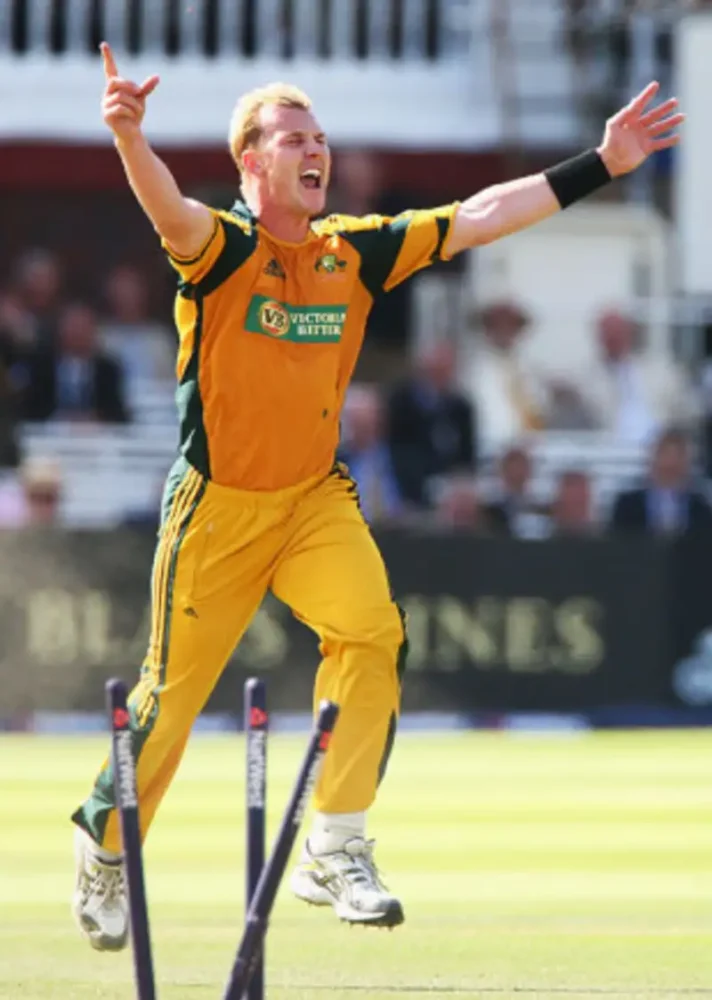
Brett Lee, known for his express pace, is another close friend of Ricky Ponting. Their partnership in the Australian team was instrumental in many victories, with Lee’s lethal bowling complementing Ponting’s strategic mind. Off the field, they have shared numerous light-hearted moments and mutual support. Lee’s jovial personality and Ponting’s grounded nature created a balanced friendship, with both players often seen engaging in various activities together post-retirement.
Kevin Pietersen
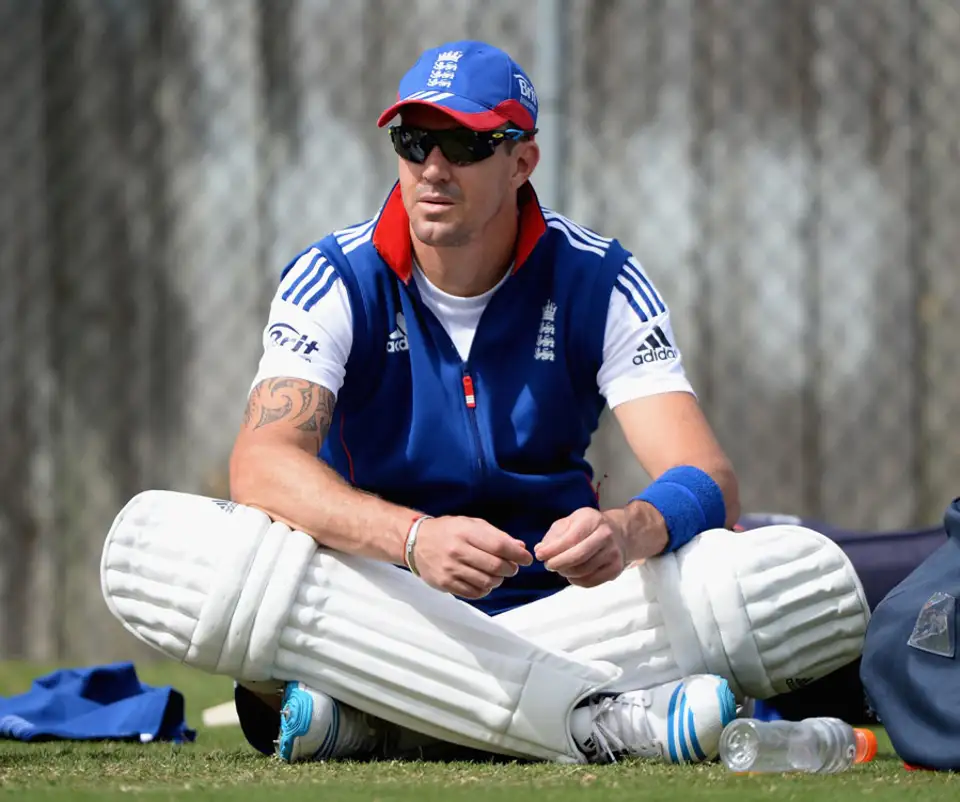
While Ricky Ponting and Kevin Pietersen were fierce rivals on the field, their relationship off the field is marked by mutual respect and friendship. Pietersen, a former England cricketer, and Ponting faced off in many intense Ashes battles. However, their shared passion for the game and respect for each other’s skills led to a friendship that transcended their on-field rivalry. Both players have spoken highly of each other in interviews, reflecting a bond built on competitive spirit and admiration.

